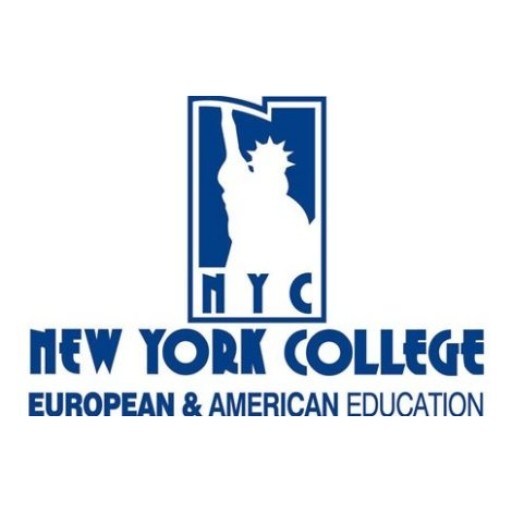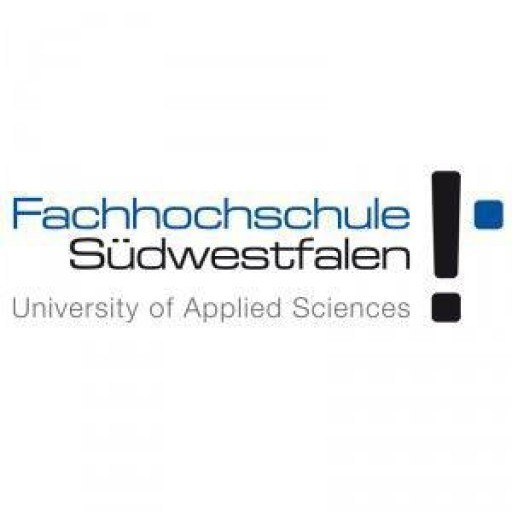Photos of university / #universityofgroningen
The Bachelor's degree programme in Information Science at the University of Groningen offers a comprehensive and innovative education designed to prepare students for the rapidly evolving digital world. This programme provides a solid foundation in the core principles of information technology, data management, and human-computer interaction, enabling students to develop advanced skills in designing, analyzing, and managing information systems. Throughout the course, students explore a wide range of disciplines including computer science, information systems, and communication technology, gaining both theoretical knowledge and practical experience. The curriculum emphasizes critical thinking, problem-solving, and technical proficiency, while fostering an understanding of how information systems impact society and organizations.
Students will have the opportunity to engage in various hands-on projects, internships, and research activities, which enhance their practical skills and prepare them for careers in diverse fields such as IT consultancy, data analysis, software development, and digital innovation. The programme is characterized by a balanced approach, integrating technical expertise with insights into user behavior and organizational needs, emphasizing user-centered design, data security, and project management. The close collaboration with industry partners and faculty experts ensures that students stay updated with the latest trends and technologies.
The university's state-of-the-art facilities, supportive learning environment, and multicultural campus foster an enriching educational experience. Graduates from this programme are equipped with the critical and technical skills necessary to thrive in a digitalized economy, making them highly competitive in the job market. The programme also offers pathways to further education, such as master's degrees in specialized fields like Data Science, Information Management, or Human-Computer Interaction. With a strong focus on innovation and societal relevance, the Bachelor's in Information Science at the University of Groningen is an excellent choice for ambitious students eager to shape the future of information technology and digital communication.
The Master's degree in Information Science at the University of Groningen offers a comprehensive and interdisciplinary curriculum designed to prepare students for diverse careers in the rapidly evolving field of information and communication technologies. The programme focuses on the core principles of information management, data analysis, and digital innovation, providing students with both theoretical knowledge and practical skills. Throughout the course, students explore topics such as information retrieval, data science, human-computer interaction, information architecture, and digital transformation. The programme emphasizes the importance of understanding user needs and designing effective information systems that support decision-making processes across various sectors, including business, healthcare, government, and education.
Students have the opportunity to tailor their studies through specializations and elective courses, allowing them to focus on areas such as data analytics, information policy, or user-centered design. The curriculum combines lectures, seminars, practical projects, and collaborations with industry partners, fostering an interactive learning environment. Additionally, the programme encourages students to engage in research activities and to develop critical thinking skills necessary for innovation and problem-solving in information science.
As part of the Master's programme, students undertake a thesis project, which involves addressing real-world challenges in information management, utilizing advanced research methods. The programme also prepares graduates to pursue PhD research or to enter the job market confidently, equipped with a versatile skill set aligned with current technological trends. Graduates of the programme are well-positioned for roles such as information analyst, data manager, UX designer, digital strategist, or information consultant, among others. With its strong theoretical foundation and practical orientation, the Master's in Information Science at the University of Groningen is designed to meet the demands of today's digital society and to foster lifelong learning and professional development.
Admission requirements
Minimum language requirements of TOEFL iBT 86 (with a minimum of 20 on all items), or IELTS 6.5 (with a minimum of 6 on all items). ERK level B2 (preferably C1).
Other requirements
- taaltoets cijfer Minimum language requirements of TOEFL iBT 86 (with a minimum of 20 on all items), or IELTS 6.5 (with a minimum of 6 on all items). ERK level B2 (preferably C1).
- vooropleiding (ISPAC: vereiste vooropleiding) A Bachelor diploma in the field of: * Communication- and Information Science * Humanities Computing/Information Science
The financing of the Bachelor's programme in Information Science at the University of Groningen is primarily structured through governmental funding, student contributions, and additional financial support mechanisms. As a Dutch public university, Groningen benefits from the national higher education funding system, which allocates resources based on governmental budgets aimed at maintaining high-quality education and research activities. Students enrolled in the program pay tuition fees set annually by the government, which differ for Dutch and international students. Dutch students benefit from relatively lower tuition fees, complemented by potential student grants and loans provided by the Dutch government, such as those managed by DUO (Dienst Uitvoering Onderwijs). These financial aids can cover study costs and living expenses, making education more accessible. International students are subject to higher tuition fees, which are established by the university in accordance with national regulations, and they often rely on personal financing, scholarships, or student loans from their home countries or international organizations.
In addition to governmental support, external funding opportunities are available for students, including scholarships specifically aimed at international students, such as those offered by the university, the Dutch government, or private foundations. The university also collaborates with industry partners and research institutions, which sometimes fund research-based projects or internships that can partially support students’ financial needs. Many students finance their studies through part-time work, which is permissible under visa regulations for international students, and through student associations that sometimes offer financial aid or discounts. The university itself invests resources into maintaining high-quality infrastructure and student support services, bolstered by government subsidies and research grants.
The university encourages transparency and financial planning by providing prospective students with clear information about tuition fees, available scholarships, and financial planning tools. Students are advised to consider the total cost of attendance, including tuition, accommodation, transportation, and living expenses, when planning their finances. The educational funding landscape in the Netherlands is designed to promote equal access and reduce financial barriers, enabling students from diverse backgrounds to pursue degrees in Information Science. Over the years, the university has increased efforts to expand its scholarship programs and financial aid options, making it increasingly feasible for students to study without undue financial hardship. Overall, the financing of the Information Science programme is a combination of state funding, student contributions, scholarships, and personal financing, all aimed at ensuring students can complete their education with adequate financial support and minimal economic burden.
The Bachelor's degree program in Information Science at the University of Groningen offers students a comprehensive education in the core principles and practices associated with information management, data analysis, and information systems. The program aims to equip students with the theoretical knowledge and practical skills necessary to design, develop, implement, and manage information systems in various contexts. Throughout the program, students explore areas such as information retrieval, database design, human-computer interaction, and the social impacts of digital information technologies. The curriculum often includes courses on programming, data structures, and algorithms, emphasizing the importance of technical competence. Additionally, students learn about the ethical and legal aspects of information management, ensuring responsible and sustainable use of information systems. The program emphasizes both individual and team-based projects to foster collaboration and problem-solving capabilities. An international orientation is prominent, with opportunities for exchange programs and internships abroad, preparing students for a global career. Graduates of the program are versatile and can pursue careers as data analysts, information managers, systems developers, or roles in research and academia. The program duration is typically three years, and students are encouraged to engage in extracurricular activities, workshops, and seminars to deepen their understanding of the evolving digital landscape. This program is suitable for students interested in technology, data, and their societal implications, and who seek to contribute to innovative information solutions across various sectors. The University of Groningen's strong research background and extensive network with industry partners provide students with excellent opportunities for internships, collaborative projects, and employment after graduation.









